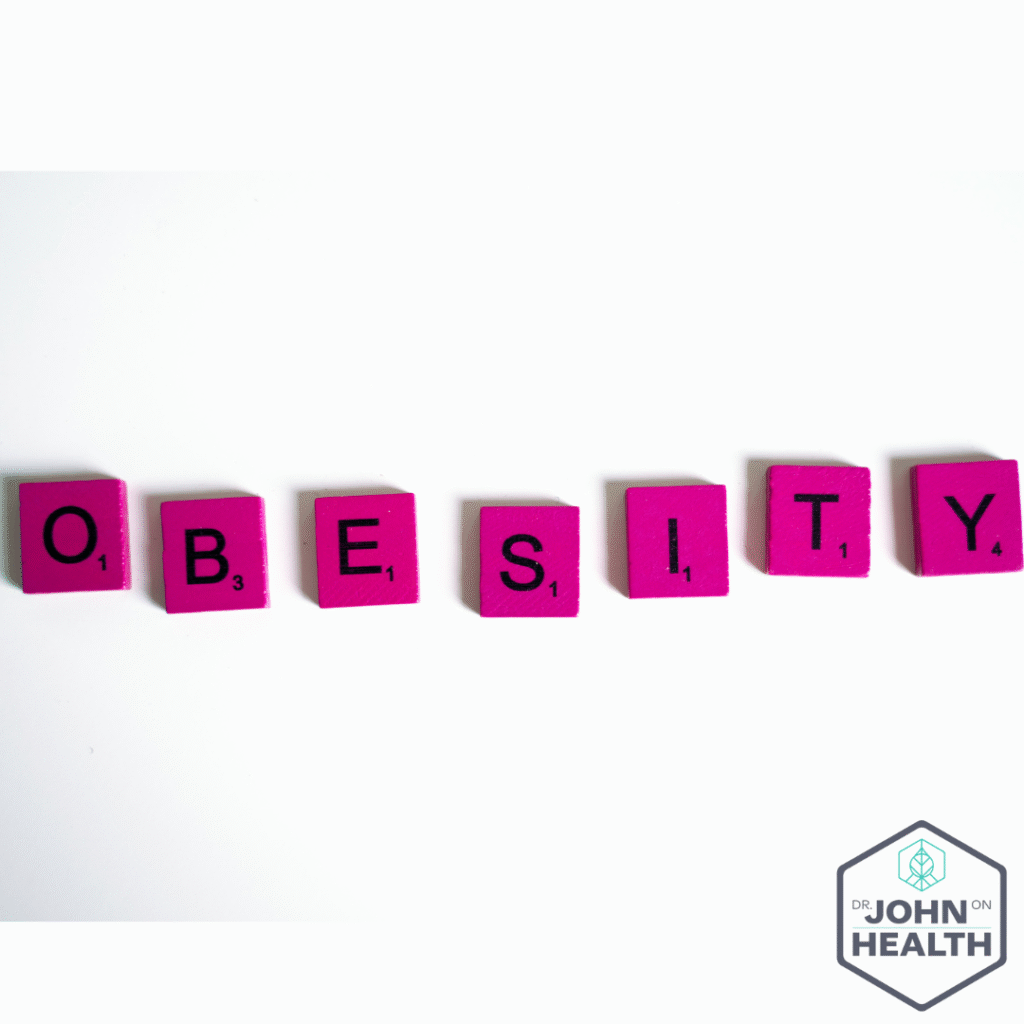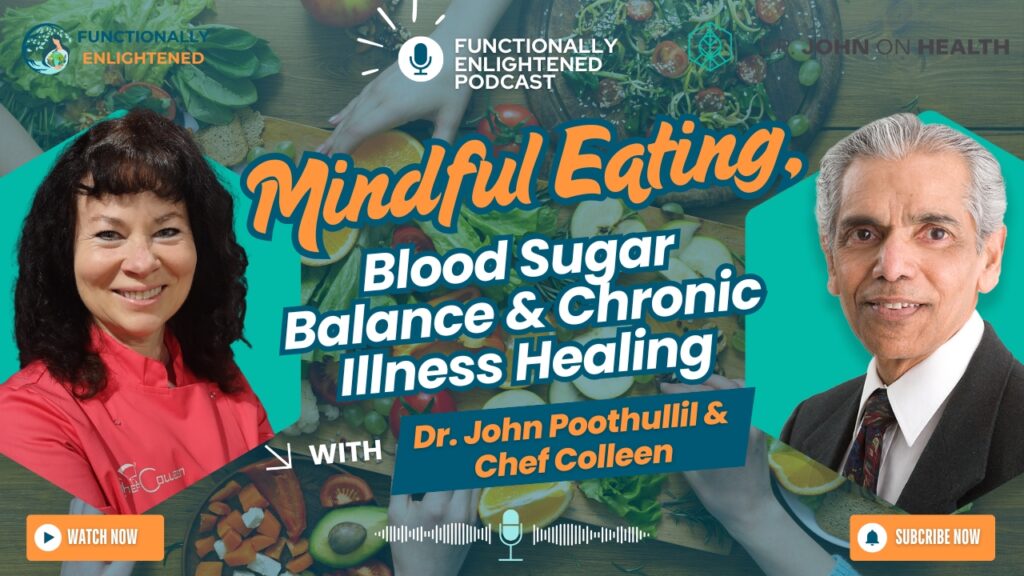
In 2018, BMC Sports Science Medicine and Rehabilitation reported that abdominal obesity is associated with a number of complications or health related issues.
Some people suggest signaling molecules for inflammation in any part of the body are released from the abdominal pad cells. Others believe these molecules will influence the metabolism of the liver, but specifically those related to fat production. Yet others believe that these molecules can interfere with the action of hormone, but only that of insulin, yet nobody has produced a mechanism on how this could happen.
So what can we infer from this information regarding abdominal obesity and its association with type 2 diabetes and cancer and cardiovascular disease? Watch this video to learn more or follow below to the transcript.
The best way to examine this is look at the group of people who have the maximum number of which has abdominal obesity, yet I am referring to toddlers with their trademark pot belly. Why does it happen? And they do not have any evidence of signaling molecules with insulin resistance or cardiovascular events.
To understand that, look at the first year of your life, that’s the fastest growth of any time in your life. You triple your weight and gain 50% more in height at the end of one year. Then the rate of growth slows down but it takes time to lower your food intake level to the level of usage. So, the excess food gets stored in the abdomen as abdominal obesity and of course the toddlers use it for vertical growth whereas adults, once it is stored, they cannot use it because their growth rate, not only their exercise level, goes down as we lose hormone support after age 35-40.
So it is not the location of the fat that makes a difference. It is the excess of it. So if you want to reduce your consequences of abdominal obesity and its relation to type 2 diabetes and cancer and cardiovascular events, you have to reduce your total energy intake to match what you are spending. Any excess will get deposited.
Now, it depends on what is your fat storage capacity.
If you have inherited a large fat storage capacity, you can have abdominal obesity and still not have consequences because the fat is kept away from the blood. If you have very minimal fat storage capacity, then even if you are fat and abdominal fat storage is minimal you can have consequences.
So in order to reduce your total fat intake, the best way in the modern diet is to cut down on the intake of grain and grain-flour products, to less than 35% of your daily energy intake.

Thanksgiving is a time when we come together to celebrate with our family and friends over large portions of food. It may be difficult to not overeat whether or not you have type 2 diabetes.
I believe that every person has access to a wise method for determining how much they should eat on a daily basis. And although you may be tempted, especially today, it is not natural for people to overeat. That being said, I also believe you can appropriately enjoy your Thanksgiving meal.
If you like this information, please share it with others who may be struggling with abdominal obesity. Thank you.
Ahora en Español

Diabetes: The Real Cause & The Right Cure
My informative yet easy to use book will guide you or a loved one to reverse Type 2 Diabetes in 8 weeks. My plan will also help you to remain diabetes free as you will take this on as a lifestyle. Make better choices and take ownership of your health today! Download the eBook for only 99 cents!



